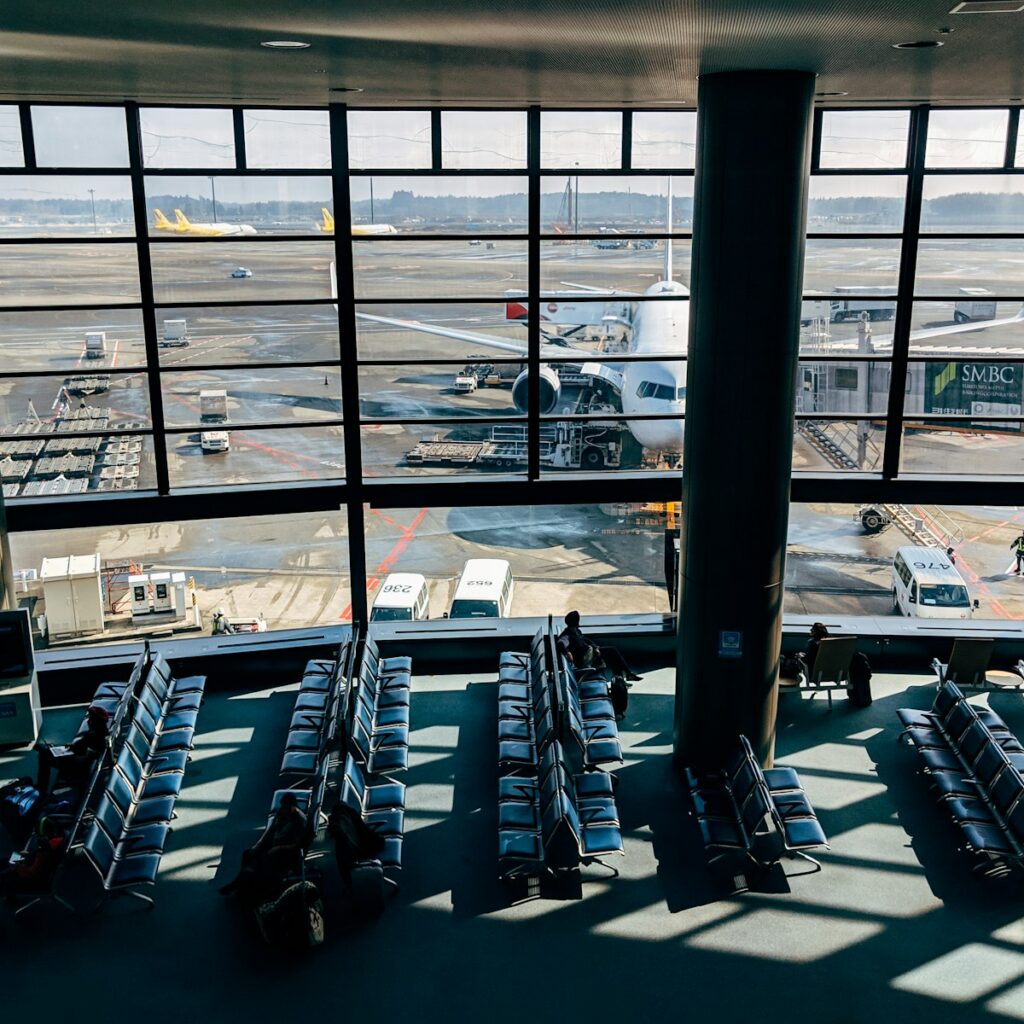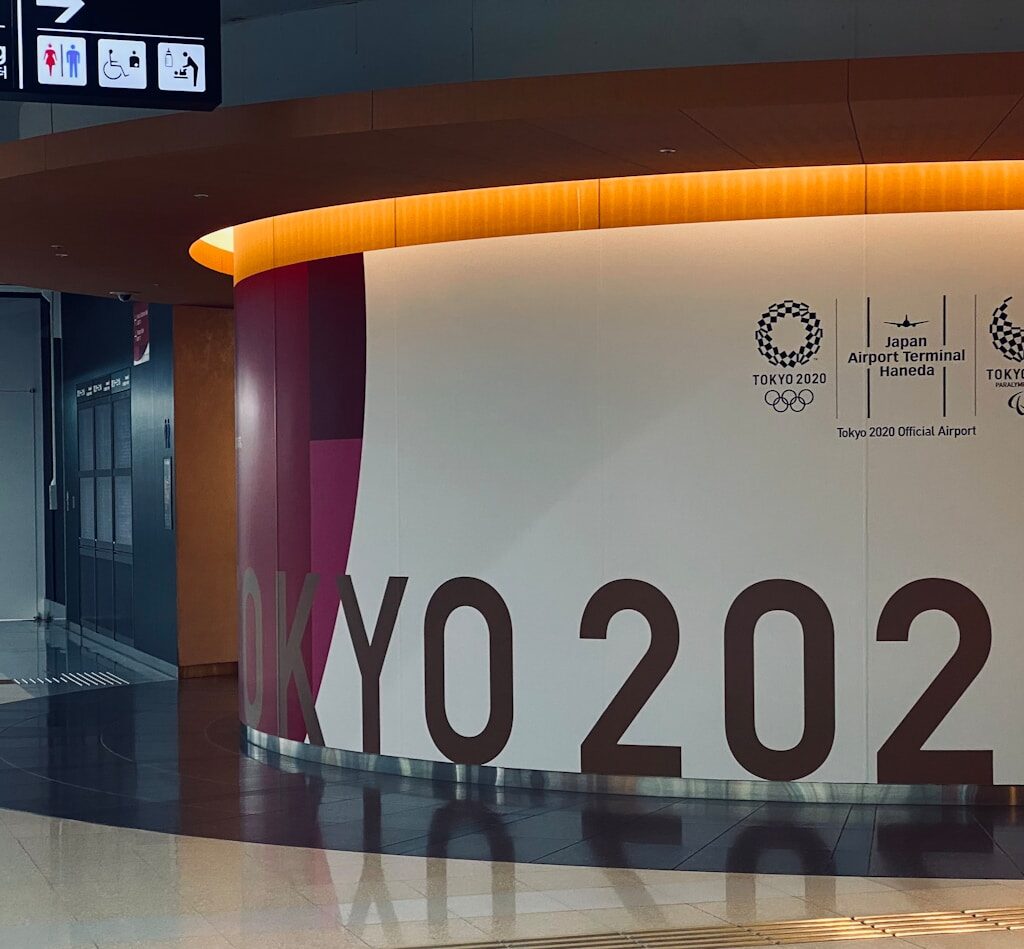In the competitive world of hotel distribution, standing out from the crowd and reaching potential guests can feel like an uphill battle. Hotels have an array of channels through which they can sell rooms—OTAs (Online Travel Agencies), direct bookings, third-party platforms, and more—but how can you ensure your hotel is visible and accessible across all these platforms?
Enter meta-search marketing, a strategy that has revolutionized the way hotels distribute their inventory and capture the attention of travelers. By leveraging meta-search engines like Google Hotel Ads, Trivago, Kayak, and others, hotels can display their rates and availability directly to potential guests who are comparing options across multiple booking sites.
In this blog post, we’ll explore how meta-search marketing works, its benefits for hotels, and why it’s a game-changer in hotel distribution strategy.
1. What is Meta-Search Marketing?
Meta-search engines are websites that aggregate information from multiple sources, allowing travelers to compare hotel prices, availability, and amenities across a range of online booking platforms (OTAs, hotel websites, etc.). These platforms display hotel options in one place, so users can quickly compare prices and find the best deal for their stay.
Meta-search marketing involves promoting your hotel on these meta-search engines, so when travelers search for accommodation, your hotel’s rates and availability appear in their comparison results. Meta-search engines typically operate on a pay-per-click (PPC) model, where hotels pay a fee every time a user clicks on their listing and is redirected to the hotel’s booking engine or OTA.
2. How Meta-Search Engines Work
Meta-search engines aggregate data from multiple sources to provide travelers with a comprehensive view of available hotel options. They pull in information from OTAs (e.g., Booking.com, Expedia), direct hotel websites, and other platforms to give users a broad range of choices.
Here’s how meta-search works in practice:
- User Search: A potential guest enters a search query, such as “hotels in New York,” on a meta-search engine.
- Comparison: The meta-search engine aggregates hotel rates from various OTAs, hotel websites, and other booking platforms, displaying the search results with relevant details such as price, location, and star rating.
- Click-Through: If a traveler finds a hotel they are interested in, they can click on the listing to be redirected to the hotel’s booking page or the OTA offering the best price.
Meta-search engines allow hotels to compete alongside OTAs in the same search space, but with more control over how their property is represented. This gives hotels the opportunity to drive direct traffic to their own booking channels.


3. Why Meta-Search Marketing is Important for Hotels
As the online travel landscape continues to evolve, meta-search marketing is becoming increasingly important for hotels seeking to expand their reach and boost direct bookings. Here’s why it’s such a valuable tool:
1. Increased Visibility and Reach
One of the most significant advantages of meta-search marketing is the increased visibility it provides. Hotels can showcase their rates and availability on popular comparison websites like Google Hotel Ads, Trivago, Kayak, and more. These platforms already attract millions of potential guests who are actively searching for accommodation, meaning you’re tapping into a large pool of qualified leads.
By appearing in meta-search results, hotels ensure they’re visible to travelers who are already in the decision-making process and are comparing prices across various platforms.
Why It Works: Hotels get more exposure to potential guests by being featured on multiple meta-search platforms, increasing their chances of attracting bookings.
2. Better Control Over Distribution
Meta-search marketing allows hotels to control their distribution strategy by directing travelers to their official website or preferred booking platform. Unlike OTAs, which often charge commissions for bookings made through their platform, hotels can steer customers toward booking directly, reducing the commission fees they pay to third-party platforms.
By setting up campaigns that promote direct bookings, hotels can capture more revenue and build stronger relationships with guests.
Why It Works: Direct bookings are more profitable for hotels than bookings made through OTAs, as they avoid paying commission fees. Meta-search engines offer the chance to drive more direct traffic.


3. Improved Pricing Transparency
With meta-search marketing, travelers can see your hotel’s rates across various platforms, making it easier for them to compare prices. Meta-search engines can also display additional information such as free cancellation policies, room types, and included amenities. This increased price transparency benefits both hotels and guests, as travelers can make more informed decisions, and hotels can showcase the value they provide for the price.
Why It Works: Price transparency builds trust with potential guests, helping them make quicker decisions about where to book.
4. Optimized Marketing Costs
Meta-search marketing operates on a pay-per-click (PPC) model, meaning hotels only pay when a user clicks on their listing. This performance-based pricing structure ensures that hotels only spend marketing dollars when there is an actual interest in their property. Additionally, meta-search engines offer robust tools for targeting specific demographics, locations, and behaviors, allowing you to optimize your spend and ensure you’re reaching the right audience.
Why It Works: The PPC model means hotels pay for actual clicks, maximizing marketing ROI by ensuring that only engaged travelers are targeted.
5. Ability to Track and Optimize Performance
With meta-search marketing, hotels can track performance metrics such as click-through rates (CTR), cost-per-click (CPC), conversion rates, and return on investment (ROI). By analyzing these data points, hotels can quickly identify which campaigns are performing well and which need adjustments. For example, you can optimize your bids for certain keywords, adjust targeting strategies, or refine your hotel description and imagery to boost conversions.
Why It Works: The ability to measure performance and adjust campaigns in real time allows hotels to continuously improve their marketing efforts and drive better results.


4. Key Benefits of Meta-Search Marketing for Hotels
1. Better Competitive Positioning
Meta-search engines allow hotels to compete on a level playing field with OTAs. Unlike traditional online travel agency listings, where OTAs often dominate search results, meta-search marketing enables hotels to showcase their offerings in front of potential guests at the same time as OTAs. This creates an opportunity for hotels to increase visibility, compare prices, and win direct bookings.
Why It Works: Hotels have the opportunity to present themselves alongside OTAs, gaining more visibility and potentially capturing direct bookings at a lower cost.
2. Enhanced Guest Experience
Meta-search engines not only display prices but also provide guests with the ability to compare room types, view ratings, check availability, and assess hotel amenities. By participating in meta-search, hotels ensure that potential guests have all the information they need to make a booking decision. This improves the overall guest experience by providing clear and accessible details.
Why It Works: A better-informed guest is more likely to book, which can increase the likelihood of conversions and improve customer satisfaction.
3. Increased Conversion Rates
Because meta-search marketing allows hotels to directly link to their booking engine or the OTA offering the best rate, the likelihood of converting a searcher into a guest is much higher than with traditional advertising. Meta-search engines also enable rate parity, ensuring that travelers see consistent pricing across different platforms, helping to build trust and reduce booking friction.
Why It Works: The more information and options a guest has, the more likely they are to convert. Direct links to booking engines streamline the path to reservation.


4. Reduced Dependency on OTAs
For many hotels, OTAs represent a significant portion of their bookings, but these platforms come with high commission fees. Meta-search marketing allows hotels to reduce their dependency on OTAs by promoting direct bookings. Hotels can set competitive bids and manage their distribution strategy, driving guests to their own websites where they can secure bookings without paying hefty commissions.
Why It Works: By decreasing reliance on OTAs, hotels can lower distribution costs and retain more revenue from each booking.
5. How to Get Started with Meta-Search Marketing
If you’re ready to dive into meta-search marketing, here are the steps to get started:
- Choose Your Meta-Search Platforms: Popular platforms like Google Hotel Ads, Trivago, and Kayak are great starting points. Select the ones that best fit your target audience.
- Set Up a Hotel Profile: Ensure your hotel’s profile is complete with accurate information, high-quality images, and detailed descriptions. The more complete your profile, the more likely guests are to engage with your listing.
- Implement a PPC Strategy: Decide on a bidding strategy and optimize your cost-per-click (CPC) campaigns to get the best ROI. Ensure that your bids are competitive but also sustainable.
- Track Metrics and Optimize: Regularly review your performance metrics, adjust your bids, and optimize your hotel’s listing based on data to improve results over time.
- Promote Direct Bookings: Ensure that your booking engine is optimized for conversion and that users are directed to the best possible platform for direct booking, minimizing third-party commissions.
















